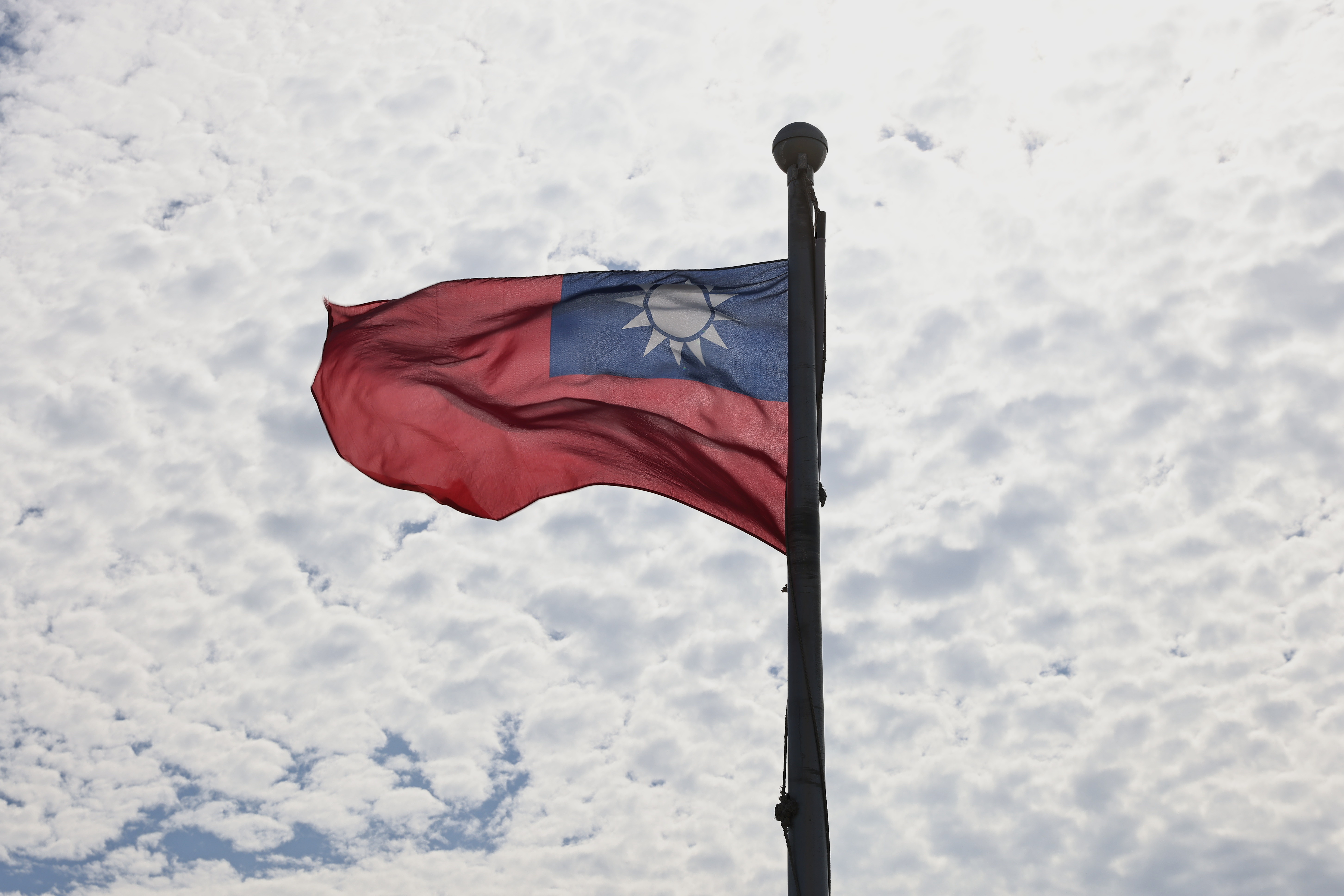Taiwan Opens Representative Office in Lithuania
Lithuania’s consent for Taiwan to open a representative office in Vilnius is primarily an expression of the Baltic State’s policy towards China, which is perceived as a growing threat to international security and in other areas. Lithuania’s actions in this dimension are supported by the U.S., a strategic partner in foreign policy. Disappointment with cooperation within the China-led “17+1” format also contributed to Lithuania strengthening relations with Taiwan and thus the willingness to look for alternative economic contacts.
 Fot. ANN WANG/Reuters/Forum
Fot. ANN WANG/Reuters/Forum
Why did Lithuania allow Taiwan to open the office?
On 18 November, Taiwan officially opened its representative office in Lithuania. These offices are present in other countries, including in the EU, but there the name used is “Taipei”, while in Vilnius the name “Taiwan” is engraved. The consent for the representative office is a consequence of Lithuanian policy towards China in recent years, especially on the part of the new government since December 2020, headed by conservatives, traditionally pro-U.S. and anti-China. Lithuania perceives China as a growing threat to international security based on, for example, the 2019 reports of the Lithuanian intelligence agency.
Lithuania’s former president, Dalia Grybauskaitė, also criticised the Chinese authorities, including for human rights violations. Many Lithuanian politicians have adopted the rhetoric. In addition, the pandemic revealed the low effectiveness of cooperation within the “17+1” framework, culminating in Lithuania’s withdrawal from this format in May. Tightening relations with Taiwan is also an expression of the search for alternative trading partners to China and more effective cooperation with them.
What are the consequences of the Vilnius office?
The opening of a “Taiwan” representative office in Vilnius has resulted in a downgrade in the level of Chinese diplomatic relations with Lithuania from ambassador to chargé d’affaires. In response, the Lithuanian Ministry of Foreign Affairs re-stated its right to develop relations with Taiwan, although the government also assured that the decision does not undermine the “One China” policy as the Vilnius office is not diplomatic in scope. As early as July, when the decision to open the office was announced, China subjected Lithuania to diplomatic pressure, followed in September by the Lithuanian ambassador leaving Beijing. At the same time, Chinese media criticised Lithuania’s decision, denigrating its international position. Meanwhile, the European Commission points out that Lithuania’s actions are primarily a matter of bilateral relations and do not undermine the EU’s “One China” position.
What is the U.S. role in Lithuania’s policy towards China?
Lithuania’s approach to China is fostered by its strategic partnership with the U.S. and the support of the American administration in this regard. The Lithuanian actions were supported by U.S. Under Secretary of State Uzra Zeya, who in November this year participated in the Forum for the Future of Democracy in Vilnius. In August, U.S. Secretary of State Antony Blinken confirmed at a meeting with Lithuanian Foreign Minister Gabrielius Landsbergis the coordination of bilateral actions aimed at neutralising the pressure from China.
In addition, on 23 November, shortly after the opening of the Taiwan office and the Chinese reaction to it, the Lithuanian foreign minister travelled to Washington to sign a memorandum with EXIM Bank, allowing companies exporting U.S.-origin goods and services to obtain bank guarantees or loans up to $600 million. This is to strengthen the bilateral cooperation with the U.S. and partially compensate the losses incurred as a result of the restriction of trade with China. U.S and Lithuania simultaneously held high-level bilateral consultations on cooperation in the Indo-Pacific region.
What are the prospects for Lithuanian-Chinese relations?
The future of Lithuania’s relations with China is not a foregone conclusion. Their current deterioration translates into difficulties in business contacts between the two countries, which is confirmed by the Lithuanian state institutions responsible for international trade. The Lithuanian food industry’s exports to China will be down, but the government has announced compensation for those companies. China’s investments in Lithuanian renewable energy projects also will decline. Therefore, the more efficiently Lithuania is able to develop cooperation with other partners in Asia besides Taiwan, the less the authorities in Vilnius will be willing to ease their position towards China. It will also depend on further support from the U.S. The deterioration of Lithuania’s relations with China will mean weaker political contacts because of the recalls of ambassadors.


